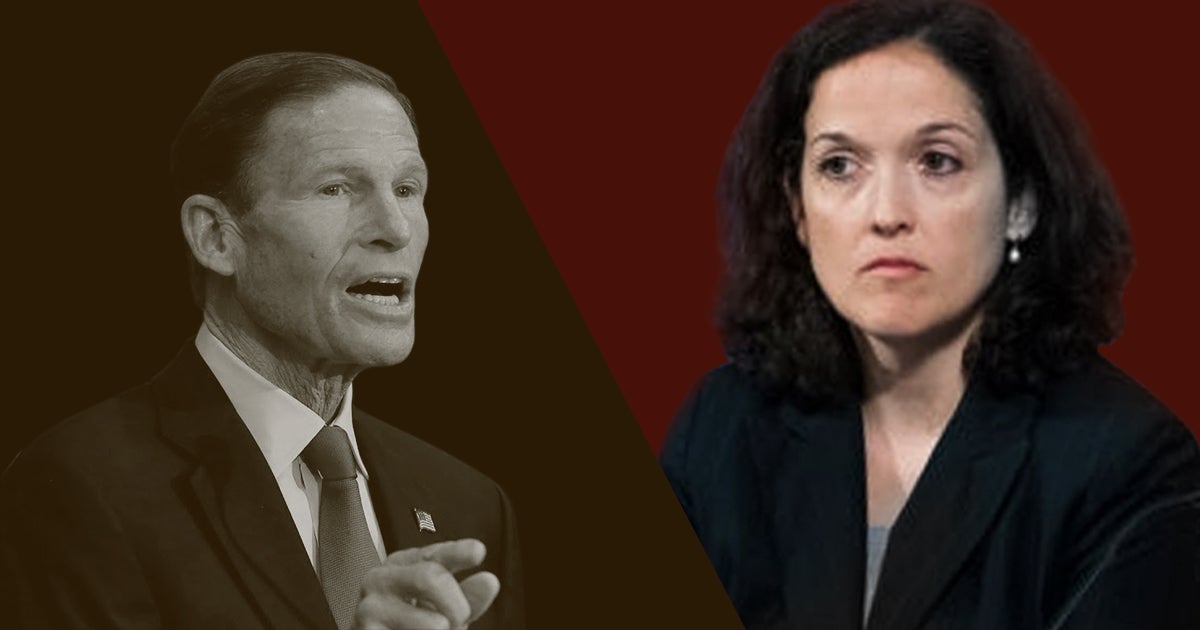
by Jorge Gomez • 5 min read
With the nomination of Sarah Pitlyk to the Federal District Court of Missouri, President Trump once again demonstrated a commitment to the rule of law in advancing judicial nominees who are exceptionally qualified.
Pitlyk currently serves as Special Counsel at the Thomas More Society, where she focuses on constitutional and civil rights litigation. Before joining the Thomas More Society, she worked at Clark & Sauer LLC, a civil litigation firm in St. Louis, Missouri, and was an associate at Covington & Burling LLP in Washington, D.C. After graduating from law school, Pitlyk served as a law clerk to then-Judge Brett Kavanaugh of the United States Court of Appeals for the District of Columbia Circuit. She earned her Bachelor’s degree, summa cum laude, from Boston College, masters’ degrees from Georgetown University and the Katholieke Universiteit Leuven (Belgium), where she studied as a Fulbright Scholar, and received her law degree from Yale Law School.
Most importantly, Pitlyk has dedicated much of her legal career advancing and defending our most fundamental freedoms, including religious liberty.
Even with her exceptional record, Democratic Senators nevertheless opted to overlook her formidable qualifications and instead peppered her with questions about her Catholic faith. At a recent committee hearing, Senator Richard Blumenthal repeatedly targeted Pitlyk on whether she would make a good judge given her personal religious views and her extensive advocacy for faith-based issues when she was a lawyer.
Of course, this isn’t the first time we’ve seen this happen.
A survey of multiple nominees during the confirmation process shows us the Senate’s religious test almost appears to be the new normal. Executive branch and judicial nominees appear at confirmation hearings only to encounter certain Senators who interrogate them about their religious beliefs.
Here are several examples:
When confronted with questions about their faith, an appropriate response from nominees would be to politely decline by stating: “The question you are asking is impermissible because its premise asserts a religious test for office, in violation of Article VI of the U.S. Constitution.”
In other words, by “pleading the sixth,” nominees are effectively making it known that religious tests are much more than an act of political gamesmanship—they’re unlawful and unconstitutional.
America’s Founders put Article VI in place because they understood that imposing a religious test for office would be harmful to all Americans. These tests only do a disservice to our country because they blacklist any American who associates with a religious organization, serves in their house of worship, or lives according to their religious beliefs, essentially disqualifying them from serving in public office. They deprive our public institutions of the diverse beliefs and viewpoints that make up our great country.